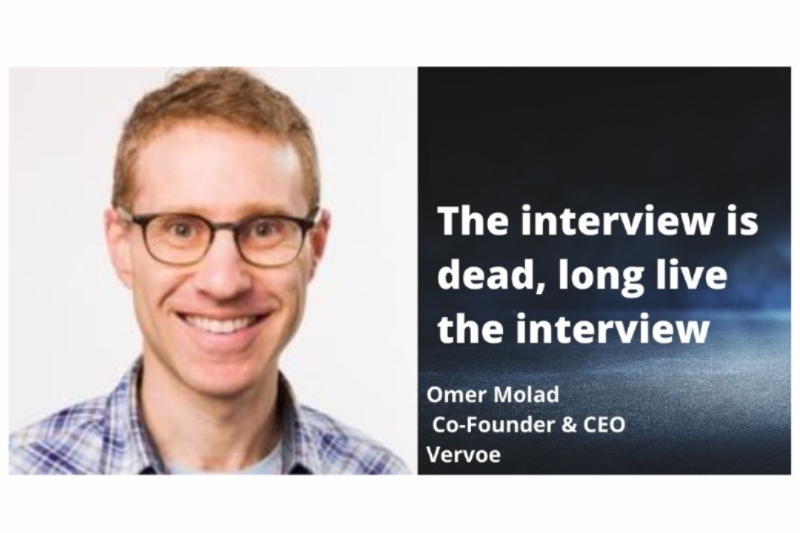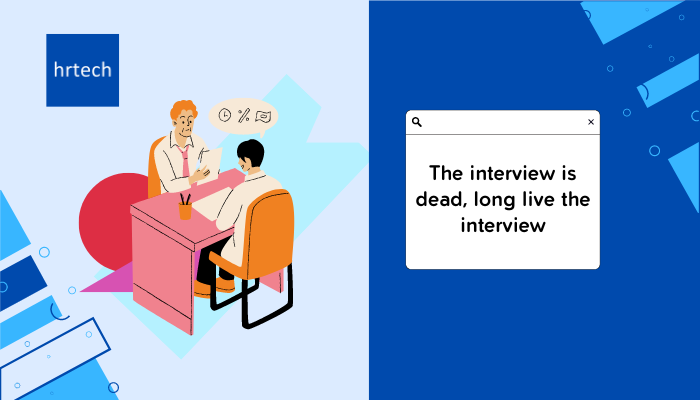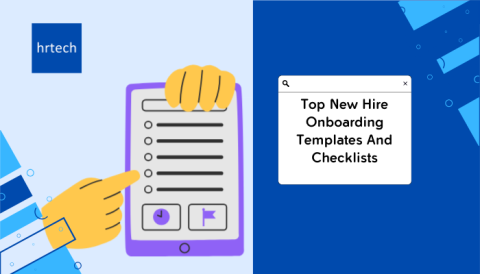we believe every candidate should have a chance to showcase their talent, not just some. This removes bias from the hiring process and levels the playing field

Interviewing has always been the common method used to make hiring decisions. Over the course of 30 to 60 minutes, candidates have to answer a series of questions about their prior work experience, or casual questions aimed at getting to know them.
Here’s the problem. Interviews don’t work.
Interviews don’t predict performance
The purpose of an interview is to help a hiring manager decide whether the candidate being interviewed can do the job well. However, there is overwhelming evidence that in most cases interviews simply don’t predict performance.
According to executive recruiter Barry Deutch, “[i]nterviewing has NOTHING to do with on-the-job performance as it is traditionally conducted by the vast majority of hiring managers.” Instead, interviews are more reflective of how good candidates are at being interviewed.
Hiring managers are too often fooled by candidates who are impressive in person, good at answering interview questions or good at selling themselves. Later on, they discover that the person they hired can’t live up to their interview performance.
Interviews don’t require candidates to prove their skills by doing work that is relevant to the job they applied for.
Interviewers are biased
People tend to overrate their ability to use information gleaned from an interview to make hiring decisions.
According to Yale professor Jason Dana, “interviewers typically form strong but unwarranted impressions about interviewees, often revealing more about themselves than the candidates.”
Not only are interview questions typically not predictive of performance, but they are also inconsistent from one interview to the next. Candidates are rarely asked the same questions and, even if they are, different interviewers draw their own conclusions. This means the conclusions are more about the interviewer’s opinion than the candidate’s ability.
Rather than focusing on who can do the job, interviewers end up favoring people who are similar to themselves. This introduces unnecessary interviewer bias into the hiring process.
The game is rigged
The laws of physics prevent hiring managers from interviewing every applicant. It would take an unreasonable amount of time.
Instead, most candidates are screened out of the application process based on their background. Recruiters scan their résumés or, even worse, an algorithm eliminates them based on keywords. Anyone who doesn’t tick enough arbitrary boxes is disqualified. Despite this fact, interviews are still the slowest part of the hiring process.
This means that candidates from privileged backgrounds ― those who attended top schools or have logos on their résumés ― have an advantage. To make matters worse, candidates often lie on their résumés.
The result is that hiring managers end up interviewing the wrong people and missing out on some wonderful candidates who were unfairly prevented from progressing to the interview stage.
Ask candidates to do job-related tasks instead
The best way to predict job performance is to give candidates a chance to audition for the job.
We started Vervoe to make hiring about merit, not background, and make the hiring process more about who can do the job and less about who looks good on paper.
We do that by showing companies how candidates perform job-related tasks like editing a presentation, doing calculations in Excel, writing code or responding to a customer.
Importantly, we believe every candidate should have a chance to showcase their talent, not just some. This removes bias from the hiring process and levels the playing field. Responses are automatically graded using machine learning and candidates are ranked based on how well they performed.
When employers see candidates do relevant work, two things happen. First, they can confidently make hiring decisions based on performance instead of trying to guess who can do the job after an interview. Second, they can be sure that they haven’t missed out on candidates who would be wonderful performers but might not stand out on paper.
By using AI-powered skill testing, companies can create a hiring process that is predictive of performance and inclusive for candidates.
About the Author:

Omer Molad is the co-founder and CEO of Vervoe, an AI-powered skill testing platform. Vervoe helps companies hire the very best by focusing on who can do the job, not who looks good on paper. Vervoe can test candidates for any skill, and automatically grade their responses.
About Vervoe:
Vervoe’s job simulations and skills assessments use an intuitive machine learning AI to grade and rank candidates so you can see the best rise to the top in minutes, not hours.
Not sure what skills to test or how to test them? No problem. Vervoe’s experts have created a growing library of assessments that are tailor-made for your role and ready to use with pre-written questions that simulate on-the-job tasks. Just select your assessment, invite candidates, and watch Vervoe do the rest.
Give candidates a realistic preview of a day on the job at your organization with immersive, purpose-built job simulations that test skills in the exact context they’ll be used. See how customer support candidates respond to tickets in a Zendesk-like environment, or how cybersecurity candidates solve network security issues, all within a live terminal.



